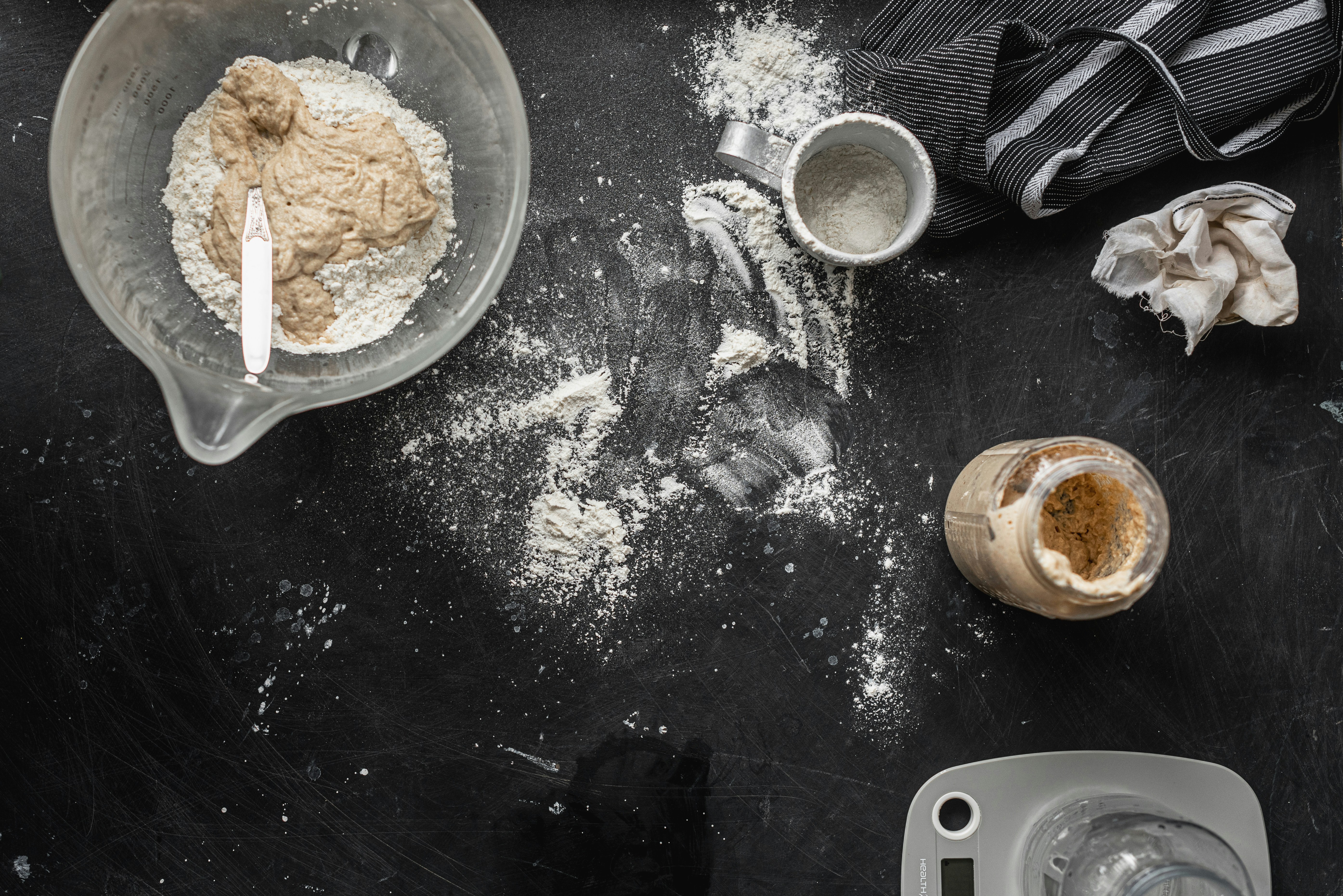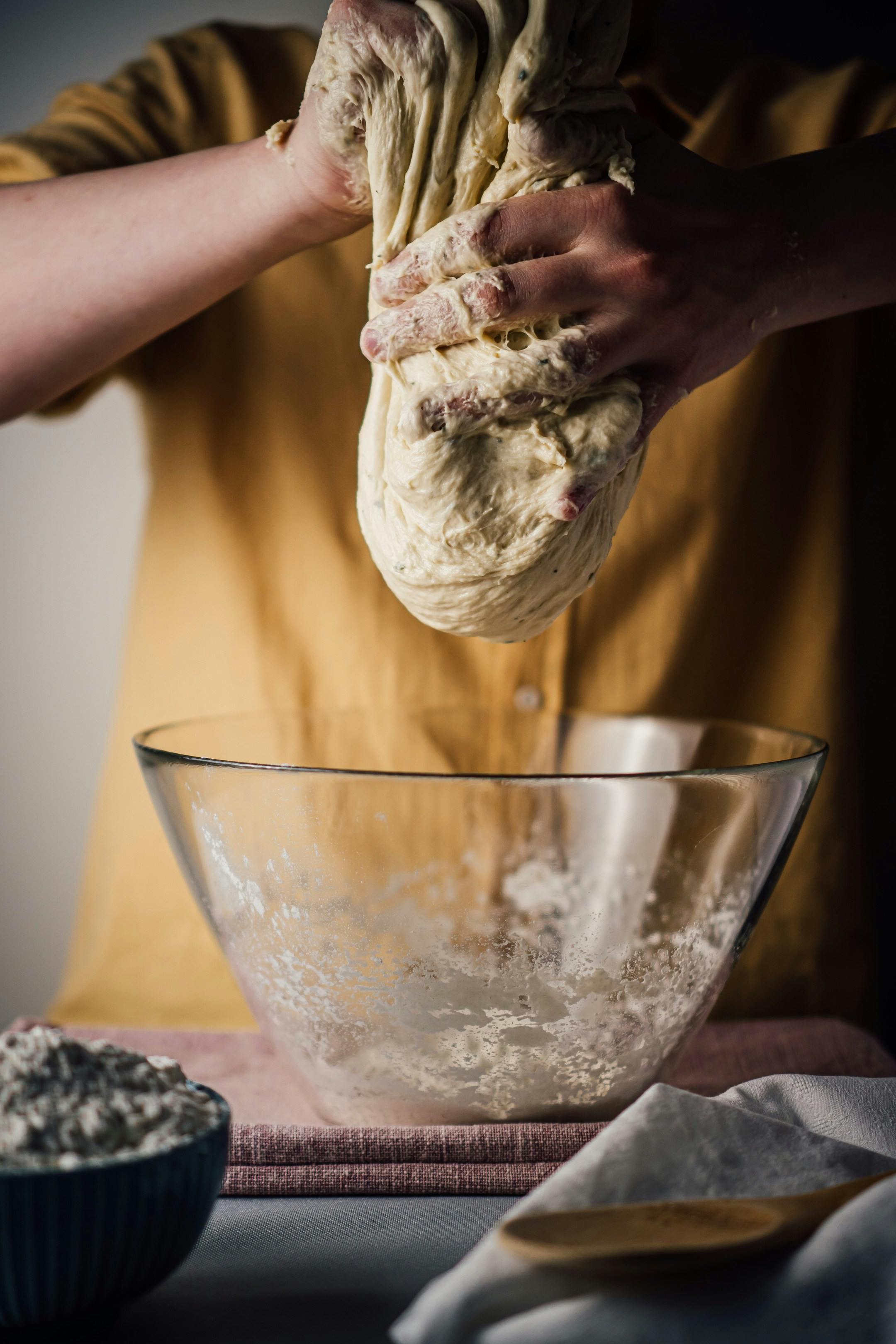Sourdough Starter Troubleshooting: What to Do When It Won't Rise
Is your sourdough starter not rising? This guide covers common issues and solutions to get your sourdough starter active and bubbly again.

Introduction
Starting your sourdough journey can be both exciting and daunting. One common challenge bakers face is a sourdough starter that refuses to rise. This guide aims to demystify the reasons behind a sluggish sourdough starter and provide practical tips to get it back on track.
Table of Contents
- Introduction
- Table of Contents
- Understanding Sourdough Starter
- Why Your Starter Might Not Be Rising
- Troubleshooting Steps
- FAQs
- Conclusion
Understanding Sourdough Starter
A sourdough starter is a live culture of flour and water. It captures wild yeast and bacteria from the environment, which ferment the mixture, causing it to rise and develop a tangy flavor. For successful sourdough baking, maintaining a healthy, active starter is crucial.
Why Your Starter Might Not Be Rising

Temperature
Starters are sensitive to temperature. They thrive at 75-85°F (24-29°C). If your kitchen is too cold, your starter’s activity will slow down, affecting its rise.
Feeding Frequency
A starving starter won’t rise well. Regular feedings are essential to keep the yeast and bacteria active and healthy.
Flour Quality
The type of flour you use can significantly impact your starter’s health. Unbleached, unbromated flours with a high protein content are best.
Water Quality
Chlorinated tap water can inhibit the growth of yeast and bacteria in your starter. Using filtered or bottled water might be necessary.
Troubleshooting Steps
Adjusting Temperature
Find a warm spot in your house or use a proofing box to maintain a consistent, warm temperature for your starter.
Increasing Feeding
If your starter is sluggish, try feeding it twice a day. This can invigorate the yeast and lead to more activity.
Switching Flours
Experiment with different types of flour to see which one your starter prefers. Sometimes a simple switch is all it takes.
Using Filtered Water
If you suspect your tap water is too chlorinated, try switching to filtered or bottled water for your feedings.
FAQs
Q: Can I revive a starter that hasn’t risen for days?
A: Yes, starters are resilient. Increase the temperature and feeding frequency, and it should bounce back.
Q: How long does it take for a starter to start rising reliably?
A: It can take a few days to a few weeks for a new starter to become reliable. Patience and consistent feedings are key.
Conclusion
A non-rising sourdough starter is a common issue but often easily fixed with a few adjustments. By understanding and caring for your starter’s needs, you’ll be on your way to creating beautiful, risen sourdough breads in no time.
Happy baking!
